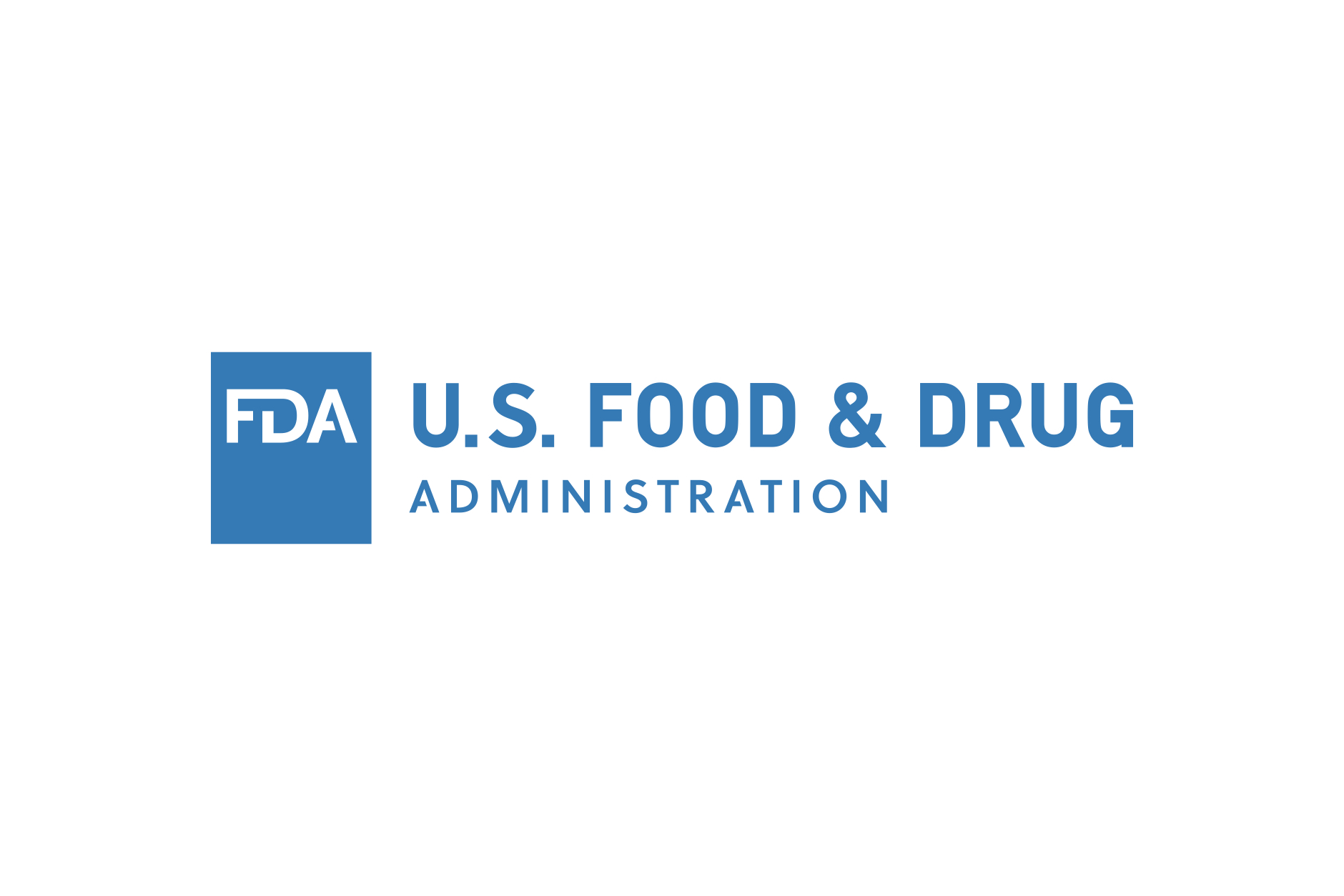After more than five years of working on a rule that would limit the amount of nicotine limits in cigarettes and potentially other tobacco products, the U.S. Food & Drug Administration (FDA) has taken one of the final steps to make the proposed rule a law. Yet, the timing could not be stranger and the proposal is almost certainly not going to become law anytime soon.
Yesterday, Dec. 10, 2024, the FDA sent its finalized rule to the White House Office of Management and Budget (OMB), an executive agency that is responsible for reviewing the legality and impact of any potential rule made by executive agencies like the FDA. An OMB review is one of the last steps needed before a rule like this becomes law. Yet, because of the impact of the 2024 presidential election, this is almost certainly not going to proceed to becoming law anytime soon.
A typical OMB review for a controversial and milestone rule like this would take months if not the better part of a year. Employees at OMB would be tasked with reviewing the proposed rule as well as meeting with the FDA, supporters and opponents of the new rule to ask questions and listen to suggestions. Formally, OMB needs to determine the legality and impact and especially the financial impact of the rule on the government, affected businesses and the American public. With a rule like this, the economic impact is likely to be complicated as affected tobacco companies and retailers will claim this bill will cost them money, while supporters of the bill would argue the long-term public health impacts of the bill provide an economic net benefit. Given how impactful this rule would be, it’s likely that OMB would take hundreds of meetings about this particular issue.
However, with the Trump administration taking over on Jan. 20, 2025—just 40 days away—it’s likely that the decision to send the rule to OMB now is more of a PR move than a legitimate attempt to make it law.
The real issue for the FDA is whether a Trump White House would let this rule become law. While Donald Trump is opposed to smoking cigarettes, some tobacco companies made substantial donations to his campaign and his incoming White House chief of staff was paid earlier this year to lobby Congress on Swisher’s behalf. Second, incoming administrations of a different party typically announce a regulatory freeze, a process by which they try to halt as much of the final actions taken by the previous administration. Trump did it in 2021 and it would be strange if he were to not do it in 2025. A regulatory freeze would cover an action like this, though it’s possible that the Trump administration could end up supporting the rule and letting OMB proceed.
Finally, it’s unclear how interested the Biden administration is in expediting this rule. While the regulatory freeze will cover many of the actions taken by FDA, it doesn’t apply to things like judicial confirmations or things like grants. As such, in the waning days of a White House, the administration will oftentimes focus efforts on things that won’t immediately be undone by the next president.
The draft of the final rule that the FDA sent to OMB is not public and won’t become public unless there’s significant action taken on the rule. At this time, it’s not confirmed whether the rule only applies to cigarettes or also applies to other tobacco products like cigars. A 2018 draft of the rule only focused on cigarettes, but language from 2023 mentioned “combusted tobacco products,” which would open the door for all combustible tobacco products, which would include cigars.
The rule would create nicotine limits for products, which some believe will make the products less addicting. While this presumably wouldn’t be difficult to enact for cigarette manufacturing, there’s no sensible path of how this would work for handmade cigars.
However, due to the success of the Cigar Association of America et al. v. United States Food and Drug Administration et al. lawsuit, if the rule were to go into effect today, it wouldn’t apply to “premium cigars” as defined in that lawsuit, essentially any handmade cigar that does not have any characterizing flavors other than tobacco, i.e. most cigars in a retailer’s humidor.
That exemption is potentially temporary as the two sides are waiting on a federal appeals court to announce its ruling. If the appeals court rules for the FDA, then the FDA’s path to regulating all cigars will be easier, though a range of rulings will determine how much easier. Even if the appeal is unsuccessful, the FDA will be able to craft a new set of regulations for “premium cigars” in the future, though it’s not believed to be a high priority for the agency. As it stands now, those products that meet the definition wouldn’t be subject to rules like potential nicotine limits. There’s also the possibility that the final rule language only applies to cigarettes.
The process to create a nicotine limits rule formally began in 2018. The FDA has continued working on the rule, though it hasn’t received as much attention as the agency’s attempts to ban the sales of menthol cigarettes and flavored cigars, both of which were tabled by the Biden administration earlier this year.


